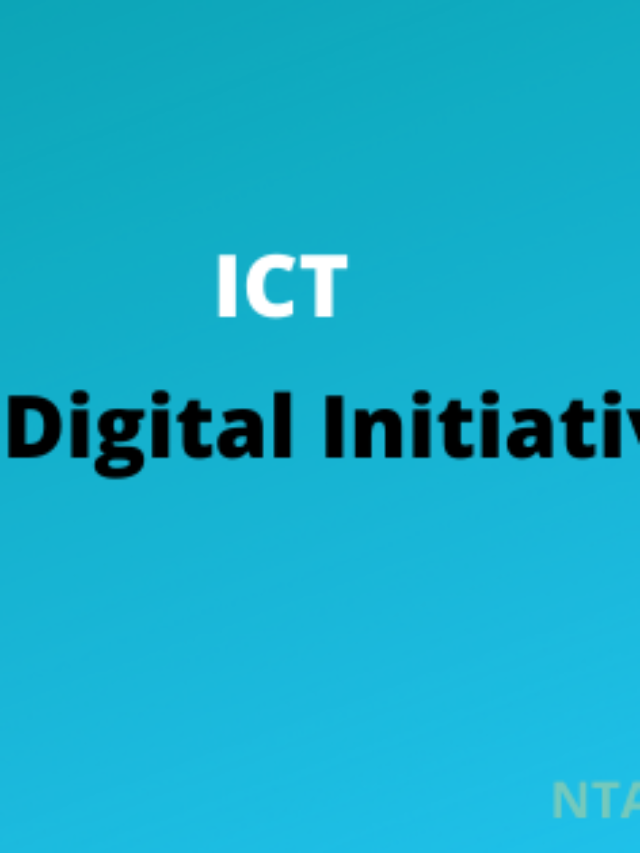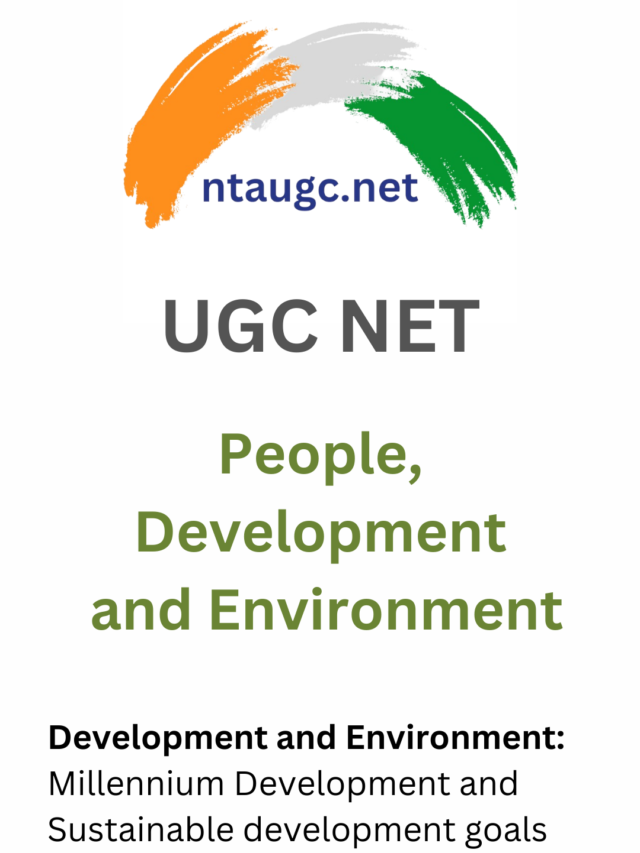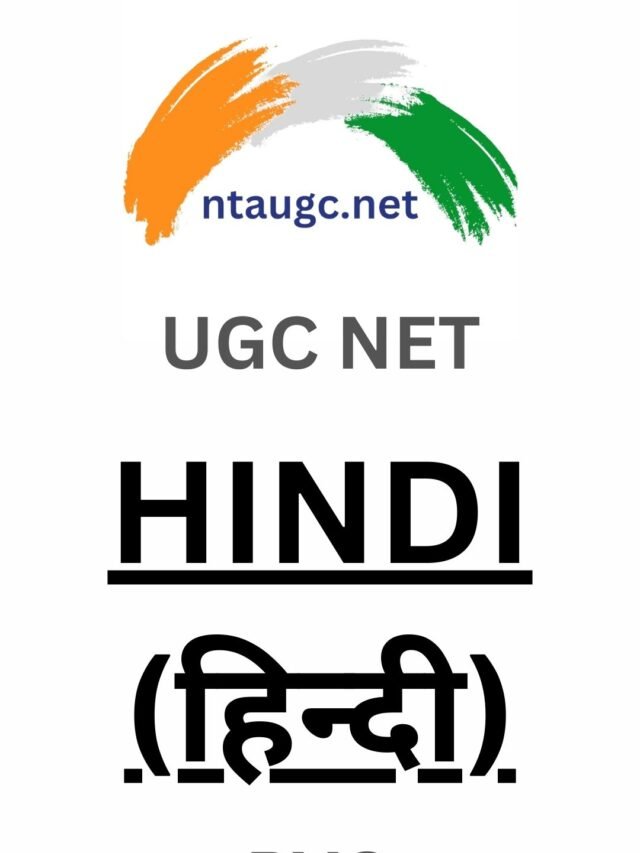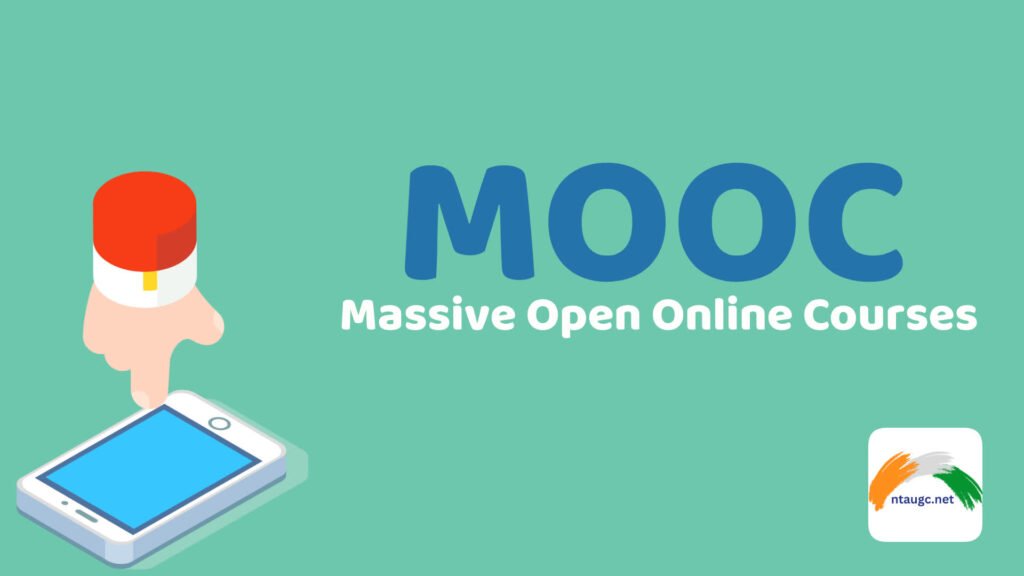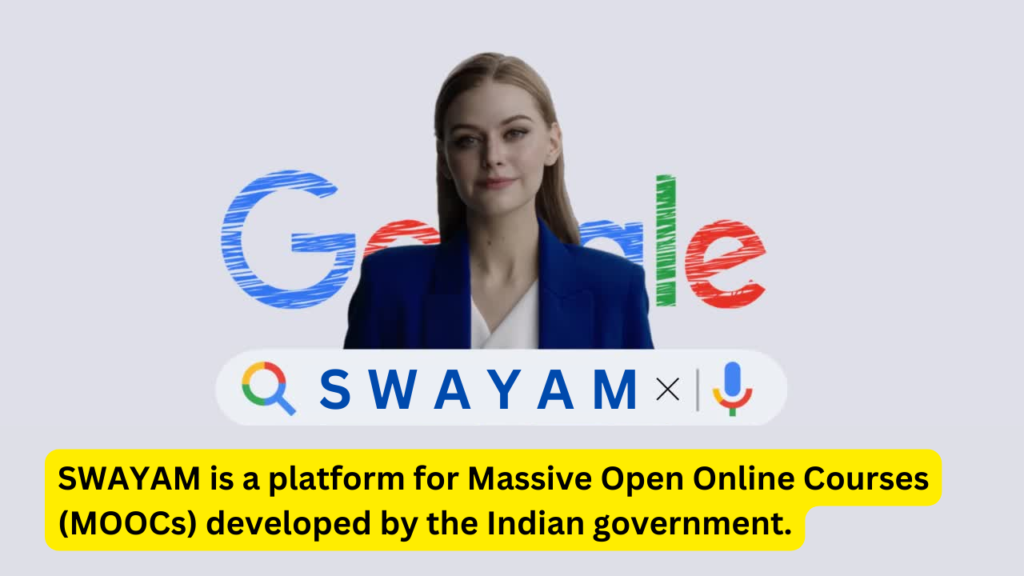Introduction
Are you considering taking a course online, but not quite sure what MOOCs (Massive Open Online Courses) are? In this blog, we’ll discuss what a MOOC is and the advantages and disadvantages of taking a MOOC. We will also look into how to find a good MOOC and provide some tips for success. Join us as we explore this convenient and cost-effective way of taking courses from the comfort of your own home, in a friendly and informative way.
What is a MOOC?
Massive Open Online Courses (MOOCs) are online courses that are open to anyone and typically have a large number of students enrolled. They are typically offered by universities and colleges, but can also be offered by other organizations. MOOCs are usually free and can be taken by anyone, regardless of their location or educational background. They often include video lectures, quizzes, and forums for discussion, and some may offer a certificate of completion for a fee. MOOCs have been credited with making education more accessible, but have also been criticized for having low completion rates and a lack of accreditation.
A MOOC (Massive Open Online Course) is a type of online education platform that allows individuals to access educational content and resources on a wide range of topics, free of charge. These platforms are designed to make education more accessible to people all over the world, regardless of their location or financial situation.
Advantages of MOOCs
MOOCs (Massive Open Online Courses) offer many advantages to students. They provide the opportunity to learn from experts in the field from anywhere in the world, at any time. MOOCs are often free or low-cost, and offer flexible scheduling that allows students to learn at their own pace. Additionally, MOOCs can be taken for professional development or for personal interest, with no pressure to pass or complete the course. MOOCs are a great way to stay up-to-date on the latest trends in a particular field, or to learn something new without having to commit to a traditional course.
Disadvantages of MOOCs
MOOCs (Massive Open Online Courses) have become an increasingly popular way to learn, offering an accessible and cost-effective way to gain knowledge and skills. While there are many advantages to taking MOOCs, there are also some drawbacks. One of the main disadvantages is that MOOCs lack the interaction of a traditional classroom setting. There is a lack of face-to-face interaction between instructors and students, and there is no way to get immediate answers to questions. A second issue is the fact that MOOCs require a great deal of self-motivation and discipline. When taking an online course, it is up to the student to stay on track and keep up with the material. Finally, since MOOCs are often free and open to anyone, it can be difficult to assess the quality of the material and instruction. While MOOCs offer a great opportunity to learn, they also come with some drawbacks that should be considered.
How to Find a Good MOOC
If you’re looking for a good Massive Open Online Course (MOOC) to take, there are a few things you should consider. First, make sure the course is from a reputable source. Look for feedback from past students to get an idea of the quality of the content. Also, make sure the subject matter is interesting and relevant to your goals. You should also consider the instructor’s credentials and experience. Finally, make sure you have the time to commit to the course. With these tips, you’re sure to find a great MOOC that fits your needs.
The core components of a MOOC platform typically include:
Course content: This includes video lectures, readings, quizzes, and other educational resources that are made available to students. The content is usually created by experts in the field, and is designed to be engaging and interactive.
Discussion forums: MOOCs often include discussion forums where students can interact with each other and with the course instructors. These forums allow students to ask questions, share their thoughts and experiences, and collaborate with others on course projects.
Grading and feedback: MOOC platforms often include tools for grading student work and providing feedback. This can include quizzes and exams, as well as peer evaluations and self-assessments.
Social networking: Many MOOCs include social networking features, such as the ability to connect with other students and instructors, share resources and information, and participate in group projects.
Adaptive learning: Some MOOCs use adaptive learning algorithms to personalize the learning experience for each student. This can include adjusting the pace of the course, providing additional resources and support, and tailoring the content to the student’s individual needs.
Overall, MOOCs are designed to be flexible, accessible, and engaging, making them a popular choice for people looking to continue their education or develop new skills.
SOME MOOCs PLATFORM
SWAYAM: SWAYAM is a platform for Massive Open Online Courses (MOOCs) developed by the Indian government.
The platform offers a wide range of courses, from school level to post-graduation level, in various disciplines such as science, technology, engineering, arts, and humanities. The courses are offered in multiple languages and are accessible to anyone with an internet connection. The platform also includes features such as online assessments, discussion forums, and the ability for students to earn college credit for certain courses. The goal of SWAYAM is to provide high-quality education to a large number of students in India and around the world.
Coursera: Coursera is one of the most popular MOOCs platforms, offering online courses from top universities and organizations around the world. It offers a wide range of subjects, including business, computer science, data science, and more. Coursera’s courses are mostly self-paced and include video lectures, quizzes, and assignments. They also offer a certification option for some courses, which can be used to demonstrate skills and knowledge to employers or educational institutions.
edX: edX is another popular MOOCs platform, offering online courses from top universities and organizations around the world. It offers a wide range of subjects, including computer science, engineering, data science, and more. edX’s courses are mostly self-paced and include video lectures, quizzes, and assignments. They also offer a certification option for some courses, which can be used to demonstrate skills and knowledge to employers or educational institutions.
Udemy: Udemy is a MOOCs platform that focuses on professional development and offers a wide range of subjects, including business, marketing, and personal development. The platform is designed for self-paced learning and includes video lectures, quizzes, and assignments. Udemy’s courses are taught by experts in their field and are available at a range of price points, including some that are free.
Khan Academy: Khan Academy is a non-profit MOOCs platform that offers free online courses in a wide range of subjects, including math, science, and humanities. The platform is designed for self-paced learning and includes video lectures, quizzes, and interactive exercises. Khan Academy’s courses are available in multiple languages and are aimed at both students and adult learners.
FutureLearn: FutureLearn is a MOOCs platform that offers online courses from top universities and organizations around the world. It offers a wide range of subjects, including business, computer science, social sciences, and more. FutureLearn’s courses are mostly self-paced and include video lectures, quizzes, and assignments. They also offer a certification option for some courses, which can be used to demonstrate skills and knowledge to employers or educational institutions.
LIST OF MOOCs PLATFORM COUNTRY WISE
- Coursera – United States
- edX – United States
- Udemy – United States
- Khan Academy – United States
- FutureLearn – United Kingdom
- OpenSesame – United States
- Canvas Network – United States
- Open2Study – Australia
- NovoED – United States
- iversity – Germany
- OpenHPI – Germany
- OpenClassrooms – France
- Miríada X – Spain
- OpenLearning – Australia
- Swayam – India
- XuetangX – China
- Coursmos – Russia
- OpenLearning – Singapore
- FUN – France
- OpenSesame – Canada
Conclusion
It’s clear that MOOCs are here to stay. They offer a great way to learn new skills or deepen existing knowledge with minimal investment. With their growth in popularity, more and more institutions are offering their courses in this format. Whether you are looking to gain skills for a potential career move or just for personal growth, MOOCs are a great way to start. Whether you’re a beginner or an expert, there’s something for everyone. So why wait? Get out there and explore the world of MOOCs!


